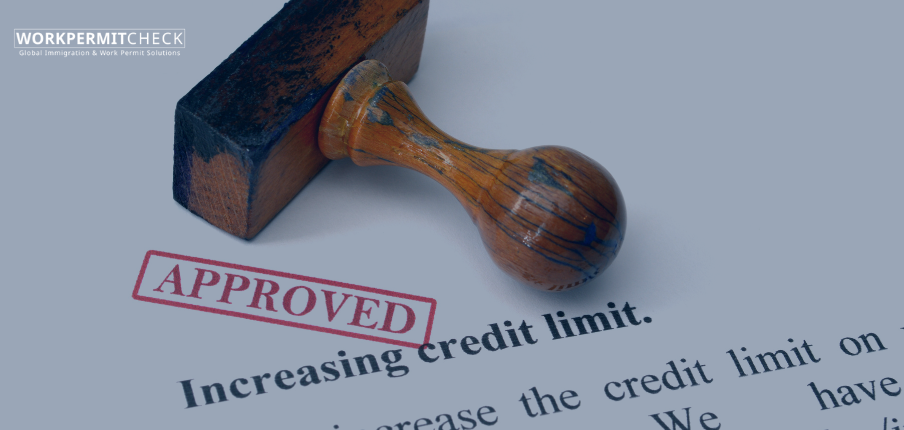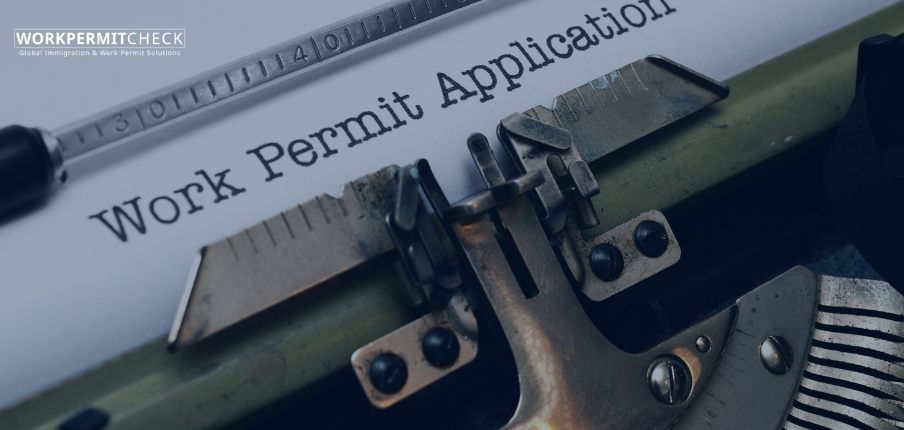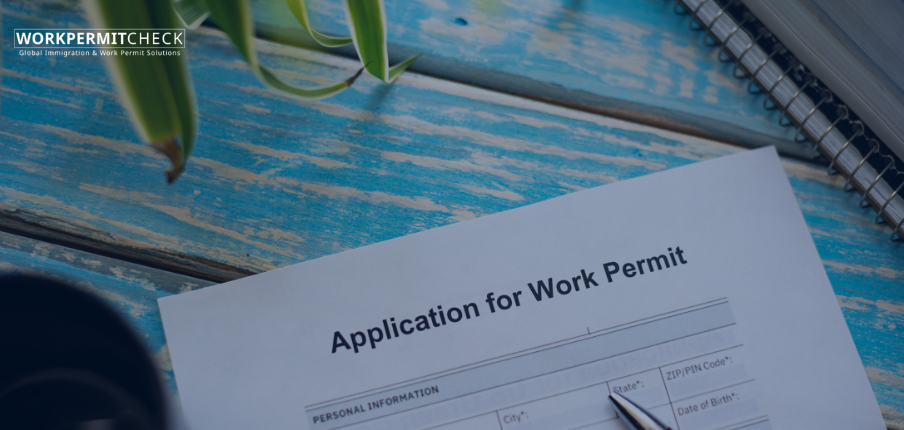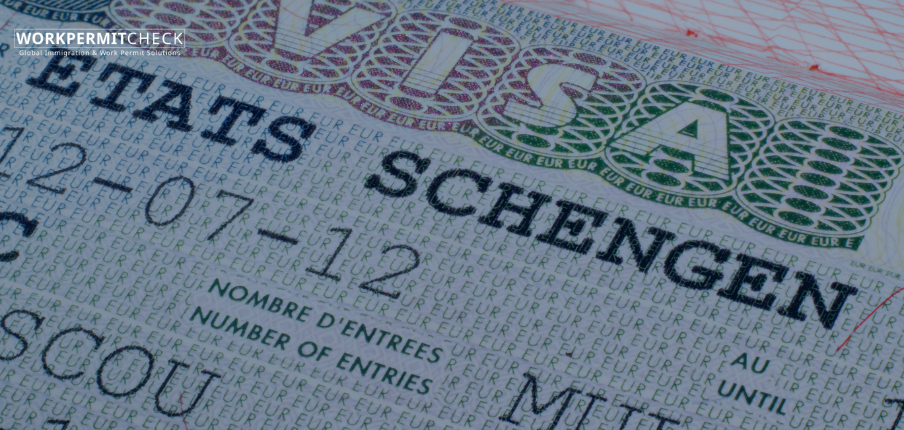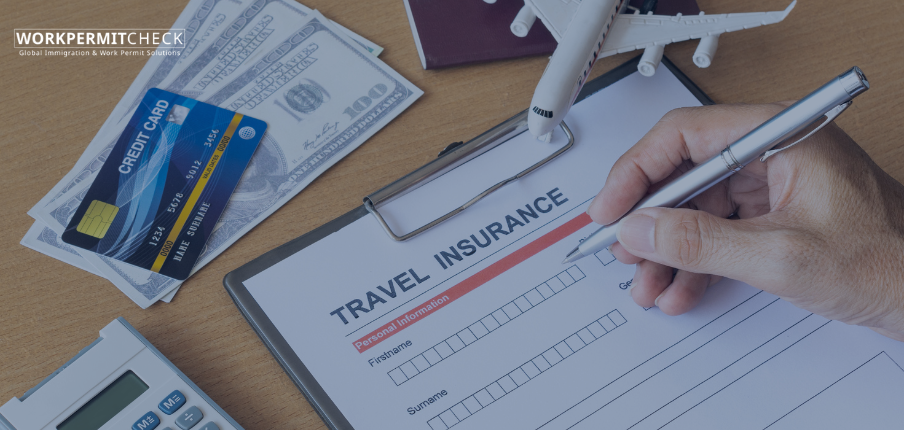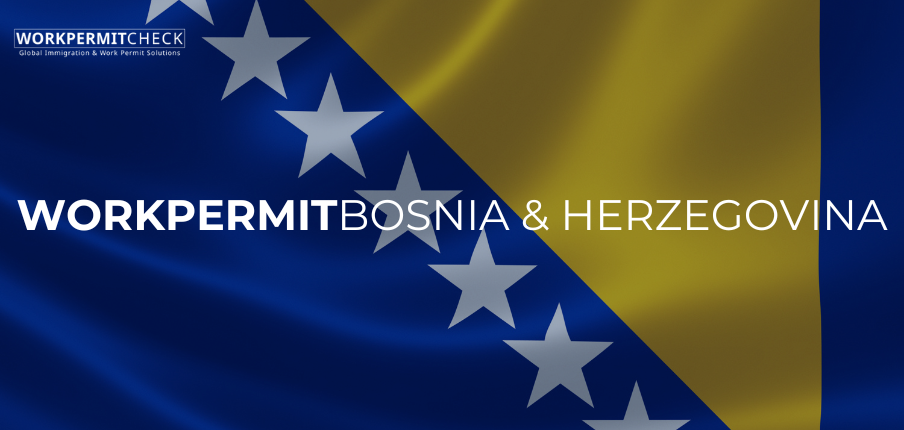France is one of the most attractive destinations for international professionals, offering a vibrant economy, rich culture, and excellent work opportunities. If you're planning to work in France, securing a work permit is an essential step. This guide walks you through the process, types of permits, eligibility criteria, and key steps to apply.
1. Who Needs a Work Permit in France?
Most non-EU/EEA/Swiss nationals require a work permit to be employed in France. If you are from the EU, EEA, or Switzerland, you do not need a work permit but may need to register with local authorities for residency.
However, some exceptions exist for:
- Students with a valid residence permit allowing part-time work.
- Researchers on special visas.
- Intra-company transferees under certain conditions.
2. Types of Work Permits in France
France offers different work permits based on the type of employment:
A. Talent Passport (Passeport Talent)
For highly skilled professionals, investors, entrepreneurs, and researchers. Valid for up to four years and allows family reunification.
B. Employee Permit (Salarié) and Temporary Worker Permit (Travailleur Temporaire)
For general employment contracts—whether permanent or fixed-term.
C. ICT (Intra-Company Transfer) Permit
For employees transferring within multinational companies.
D. Seasonal Worker Permit
For those working in agriculture, tourism, or hospitality for up to six months per year.
E. Posted Worker Status
For employees sent to France by a foreign employer for a temporary assignment.
3. Step-by-Step Guide to Obtaining a Work Permit in France
Step 1: Secure a Job Offer
Before applying for a work permit, you must have a job offer from a French employer. The employer plays a key role in the application process.
Step 2: Employer Submits the Work Permit Application
The employer must submit an application via the official French platform (foreign labor department - DREETS). The employer must demonstrate:
- The job couldn't be filled by a local or EU candidate.
- The company meets legal and financial requirements.
Step 3: Approval by the French Authorities
Once submitted, the French authorities review the application. If approved, a work permit is issued to the employer, and they provide it to you.
Step 4: Apply for a Work Visa at a French Consulate
With the work permit, you can apply for a long-stay work visa at a French consulate in your country. Required documents typically include:
- Work permit approval letter.
- Employment contract.
- Passport with validity of at least six months.
- Proof of accommodation in France.
- Medical insurance coverage.
Step 5: Travel to France and Validate Your Visa
Once you enter France, you must validate your visa online within three months.
Step 6: Apply for a Residence Permit (If Required)
Depending on your permit type, you may need to apply for a Carte de Séjour (residence permit) at the local prefecture.
4. Important Considerations
- Processing Time: Work permit approvals can take several weeks, so plan accordingly.
- Renewal & Extensions: Some work permits need renewal, which should be done before expiration.
- Changing Employers: If you switch jobs, you may need a new permit unless under Talent Passport.
- Family Members: Some permits allow spouses and children to join you with the right to work.
5. Final Thoughts
Obtaining a work permit in France requires careful planning and employer support. Understanding the right visa category and following the application steps can make the process smoother. If you're unsure, consulting with immigration experts or legal professionals can be helpful.
March 21, 2025































































































































































































































